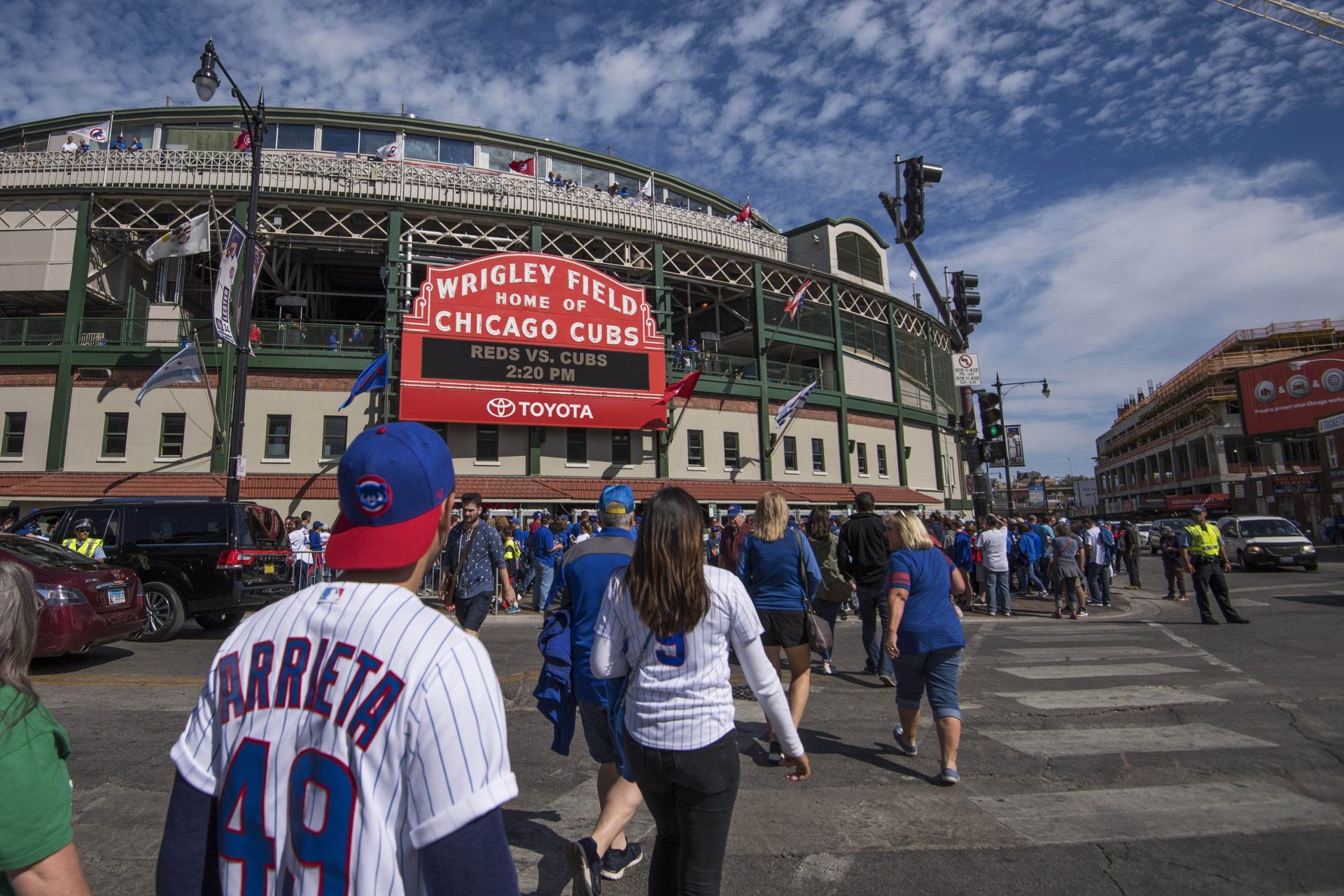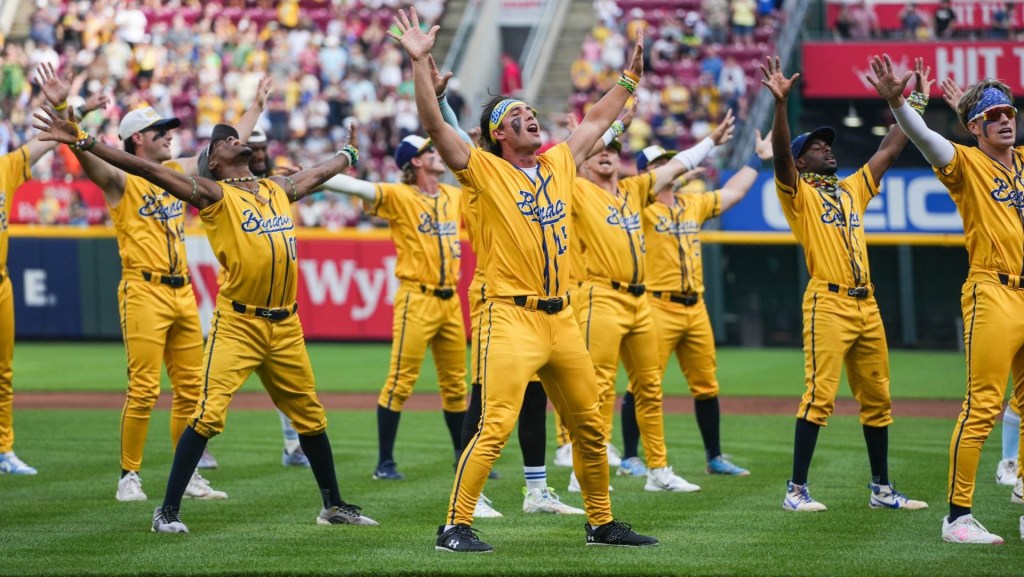Two people are suing the Chicago Cubs and its security operators for using facial recognition technology at games.
But the Cubs tell Front Office Sports they don’t actually use the technology alleged in the lawsuit.
Gabriel Berta of Illinois filed a 27-page proposed class action suit against the Cubs, Blue Star Security, and Protos Security on Monday in the Northern District of Illinois. Blue Star, owned by Protos, has worked at Wrigley Field since 2023, the suit says. On Wednesday, an Illinois woman named Jill Lichte filed a nearly identical complaint in the same court. Berta and Lichte claim that the technology captured their biometric data when they attended games this summer. On Friday, the court granted an order to consolidate the two cases into one.
An Illinois law passed in 2008 prohibits companies from collecting biometric data without fully informing someone of its uses and getting their consent.
The filings claim the companies illegally collect biometric data, specifically through Protos’ facial recognition software. They say “cameras and advanced video surveillance systems” at Wrigley Field collect fans’ biometric data. The suits say the team and security companies do not tell fans they are collecting their biometric data, get permission to do so, or explain to fans how they are using or will destroy that information. The documents claim these “secret and self-concealing” policies violate state and federal laws around the use of biometric data and deceptive and unfair trade practices. The suits say the damages total more than $5 million.
But a spokesperson for the Cubs says the team doesn’t use facial recognition or biometric technology, either for fans or employees.
“The Cubs do not use this technology and these allegations are false,” team spokesperson Jennifer Martinez-Roth said in a statement. “We will vigorously defend ourselves against these claims.”
The legal filings include a 2023 article, which is still active on Blue Star’s website, that discusses the company’s tactics at sporting events including Cubs games at Wrigley Field.
“Blue Star Security employs a multi-faceted approach to crowd control,” the article reads. “Advanced technologies such as CCTV cameras and facial recognition software are utilized to monitor the movements of attendees and identify potential security threats.”
The article does not explicitly state whether the security company uses facial recognition technology at Wrigley Field. It says the company provides “large-scale event security services in the Chicagoland area,” but doesn’t mention any teams or venues other than the Cubs and Wrigley in the article.
The legal filings also point out that the Cubs have used facial recognition technology for employee-access areas, about which the team had been public, and include a photo of the scanners. The Blue Star article makes mention of “biometric scanners” for personnel in authorized areas of a stadium. Martinez-Roth says the Cubs no longer have those facial-ID scanners from the photo at their facility.
The security companies did not respond to requests for comment.
“While facial recognition has critical and practical uses to ensure safety in a venue, those uses have to be balanced with civil rights and privacy concerns that come with biometric data collection,” Berta’s attorney, Blake Yagman, said in a statement to FOS.
“As with any developing advanced technology, it remains imperative that businesses which deploy the technology prioritize the rights of those whom it is used upon which means ensuring that the subjects of facial recognition are made aware both of its use and how it is being used as required by privacy and consumer protection laws.” Yagman declined to comment on the Cubs’ denial.
(Note: In 2018, Yagman wrote several articles on sports law for Front Office Sports.)
Facial recognition technology is widely used at U.S. sports venues. It’s used in ticketing and concessions at the Clippers’ Intuit Dome. MLB has piloted a program called “Go Ahead Entry” that scans faces instead of tickets in at least nine ballparks, and others have also tested their own technology. A fan sued the Mets last year, who had been public about their use of the technology, alleging they collected biometric data “for value or profit.”





![[Subscription Customers Only] Jul 13, 2025; East Rutherford, New Jersey, USA; Chelsea FC midfielder Cole Palmer (10) celebrates winning the final of the 2025 FIFA Club World Cup at MetLife Stadium](https://frontofficesports.com/wp-content/uploads/2026/02/USATSI_26636703-scaled-e1770932227605.jpg?quality=100&w=1024)











